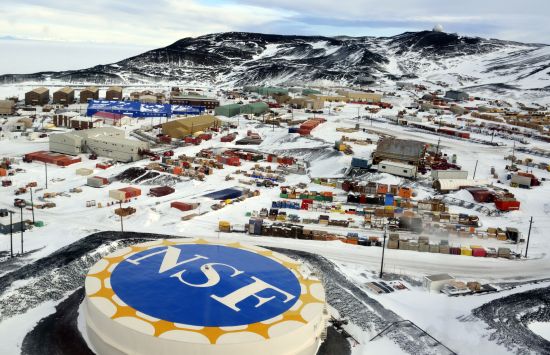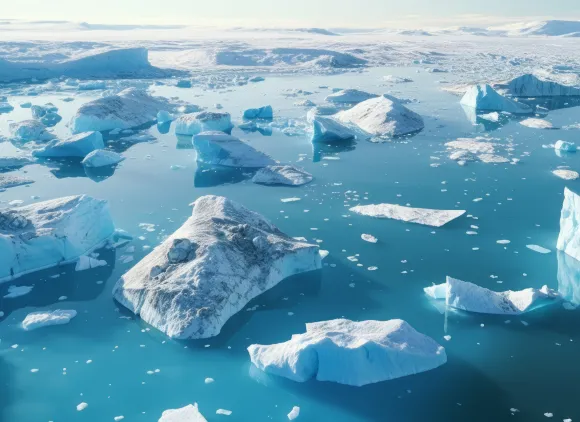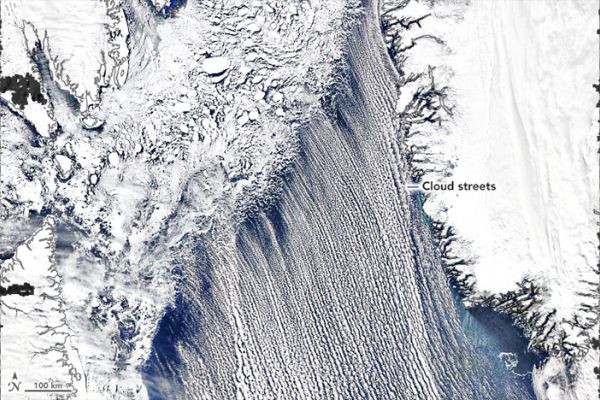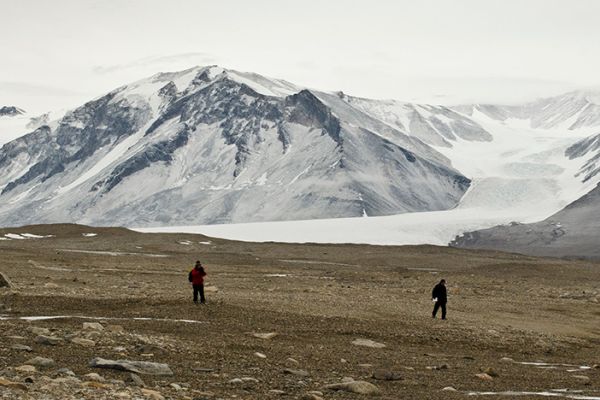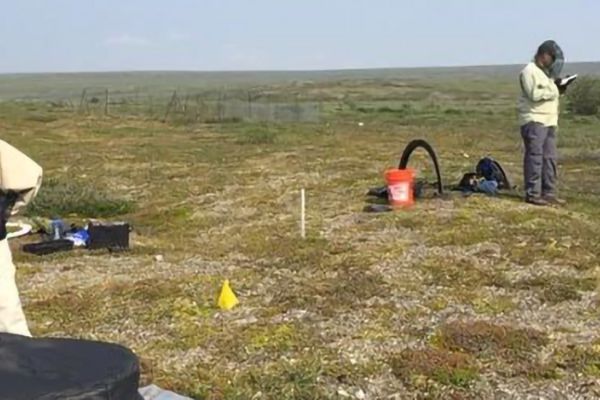The U.S. National Science Foundation Office of Polar Programs (OPP) supports innovative and creative scientific research relating to Earth's polar regions and the global interplay of these regions with others across our planet. OPP facilitates access to both Antarctica and the Arctic and works with the United States military and other federal agencies to provide the necessary logistical support for research. Today, OPP operates several permanent year-round research stations, numerous field camps across Antarctica and the Arctic and research vessels operating around these regions.
OPP promotes not only scientific research but also engineering and education in and about the planet's polar regions. OPP's portfolio seamlessly integrates STEM engagement and workforce development, embodying a commitment to robust partnerships. This collaboration extends across a diverse range of groups, spanning Indigenous Arctic communities, local residents and a comprehensive network of local, state, federal and international educational and research entities.
Starting in the 1970s, NSF, through OPP, has managed the United States Antarctic Program (USAP) and supported the nation's commitment to the Antarctic Treaty. OPP coordinates all U.S. science in Antarctica. NSF also chairs the Interagency Arctic Research Policy Committee, acting as the principal agency for the U.S. government on this body.
Featured funding
Explore OPP
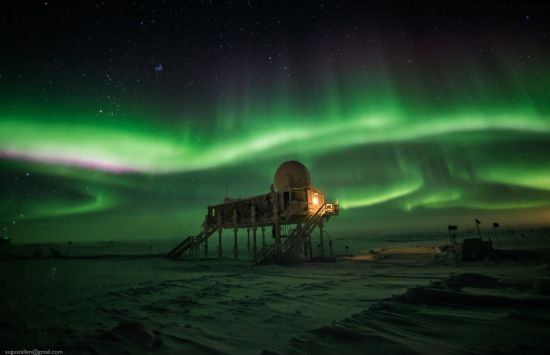
Section for Arctic Sciences (ARC)
Supports fundamental research at the forefront of understanding the Arctic, including its human and natural components and its global linkages.
Section for Antarctic Sciences (ANT)
Supports cutting-edge research across all scientific fields to expand fundamental knowledge of Antarctic systems and processes, improve understanding of the interactions between the Antarctic region and global systems, and use the unique characteristics of Antarctica as a science observing platform.
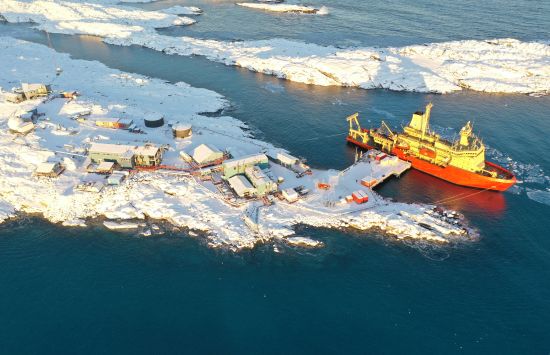
Section for Antarctic Infrastructure and Logistics (AIL)
Provides the operational and logistical platform necessary for the U.S. to conduct world-class science in Antarctica and maintain its active and influential presence on the continent.
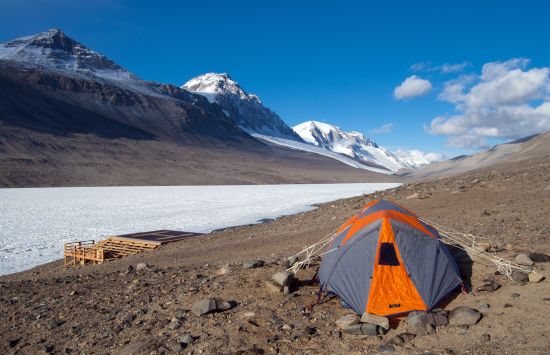
Environmental Team (ENV)
Manages the environmental impact assessment process for all U.S. government activities in Antarctica, protects Antarctica's unique environments through the administration of a permitting system and participates in the consensus-based decision-making on the management of the Antarctic environment through the Antarctic Treaty’s Committee for Environmental Protection.
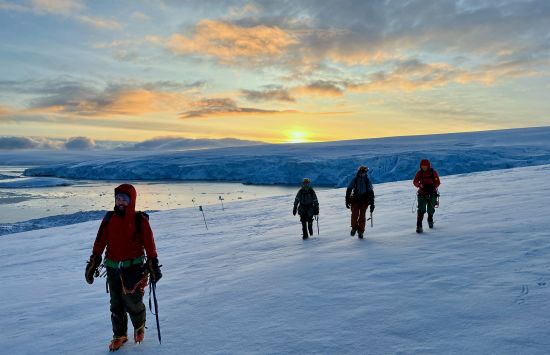
Safety and Occupational Health Team (SOH)
Facilitates a culture of safety and health in support of research throughout the polar regions.
U.S. Antarctic Program
The U.S. Antarctic Program (USAP), managed by the U.S. National Science Foundation (NSF), supports scientific research and education in Antarctica — Earth’s highest, driest, coldest, windiest and most remote continent. USAP operates three year-round research stations and a research vessel, collaborating with federal agencies, the U.S. military and civilian contractors to provide essential logistical and operational support.
